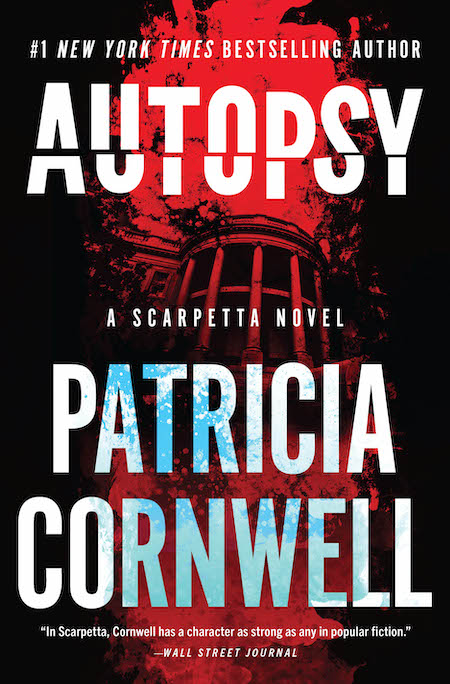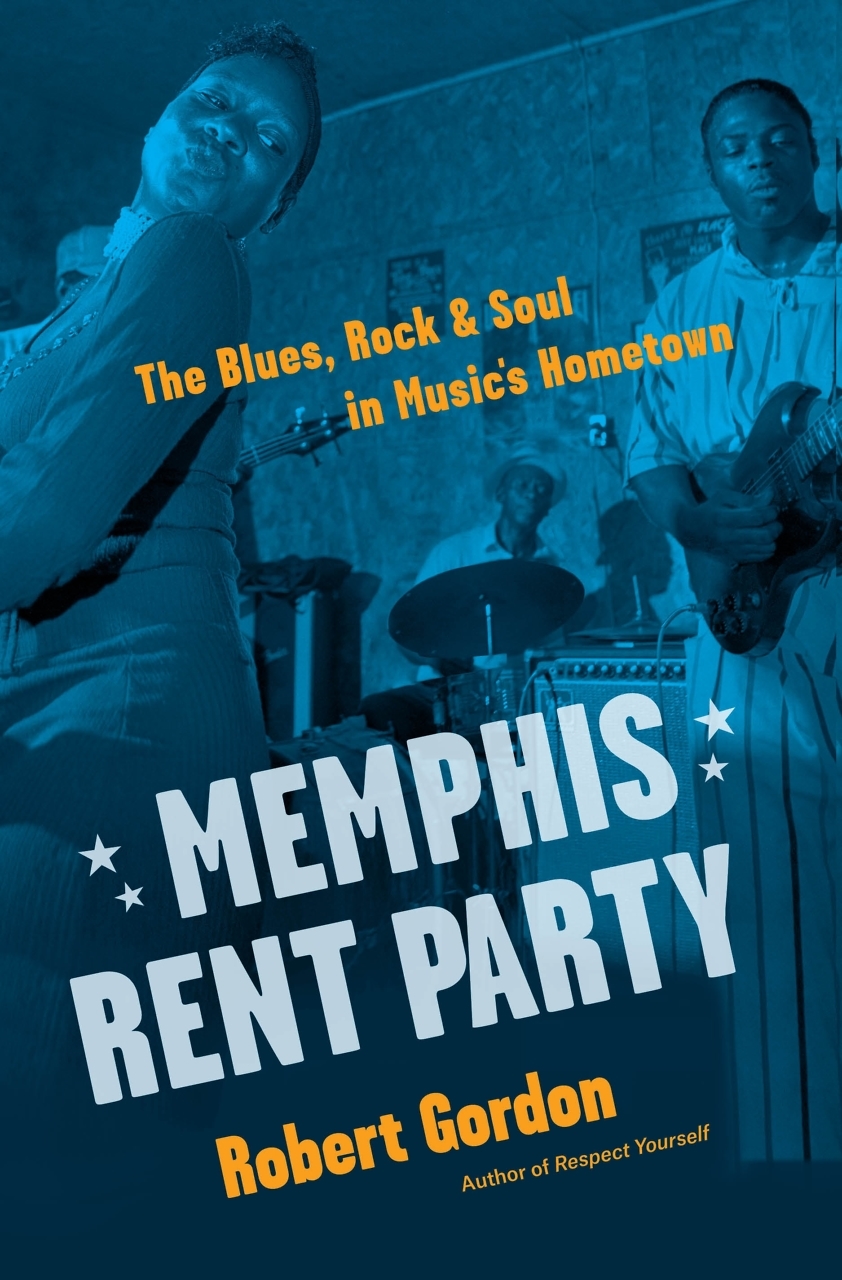How They Live On
In The Secret of Magic, Deborah Johnson tackles the difficult truths of segregation-era Mississippi
Drawn partially from real-life cases from the early civil-rights era, Deborah Johnson’s The Secret of Magic features an engaging mixture of mystery and historical inquiry. New in paperback this month, the novel illuminates an era of dangerous racial conflict, but it also demonstrates the way storytelling can serve as a weapon in life’s most maddening battles.
 The novel opens in New York City in the aftermath of World War II, where Regina Mary Robichard, the determined young lawyer at the center of The Secret of Magic, has been reading hundreds of pleas for help from war veterans. Among the massive deluge of discrimination cases sent to the NAACP’s Legal Defense Fund, Regina finds herself deeply drawn to the case of Joe Howard Wilson. On his way home to Mississippi from the battlefields of the Italian front, Lieutenant Wilson was brutally murdered after refusing to give up his bus seat to accommodate a group of German soldiers being transferred to an Alabama POW camp. Now the case is on the verge of disappearing from the justice system altogether.
The novel opens in New York City in the aftermath of World War II, where Regina Mary Robichard, the determined young lawyer at the center of The Secret of Magic, has been reading hundreds of pleas for help from war veterans. Among the massive deluge of discrimination cases sent to the NAACP’s Legal Defense Fund, Regina finds herself deeply drawn to the case of Joe Howard Wilson. On his way home to Mississippi from the battlefields of the Italian front, Lieutenant Wilson was brutally murdered after refusing to give up his bus seat to accommodate a group of German soldiers being transferred to an Alabama POW camp. Now the case is on the verge of disappearing from the justice system altogether.
Despite the fact that her status as a young, black, female, Yankee lawyer is unlikely to win her much clout in Joe Howard Wilson’s hometown, Regina persuades her boss, the legendary Thurgood Marshall, to let her take on his case. “Mississippi will enlighten you, and believe me, she’s a great teacher,” Marshall tells the young attorney. “Maybe the greatest teacher of all.”
Regina has already learned a wealth of lessons about the dangers of segregation. Before she was born, her father was murdered by white men; her charismatic mother, Ida Jane, has dedicated her own life to the fight for greater rights. But even with this heritage, Regina is not prepared for what she finds when she leaves the relative safety of New York City.
 Revere, Mississippi, challenges her preconceptions left and right. When she meets Joe Howard’s grieving father, Regina is moved by his tragic loss but finds his answers to her questions sometimes elusive and his manner difficult to read. She’s also struck by his long and complicated relationship with a highly respected local family, the Calhouns.
Revere, Mississippi, challenges her preconceptions left and right. When she meets Joe Howard’s grieving father, Regina is moved by his tragic loss but finds his answers to her questions sometimes elusive and his manner difficult to read. She’s also struck by his long and complicated relationship with a highly respected local family, the Calhouns.
Regina’s strongest fascination lands on M.P. Calhoun, the reclusive author of a novel that once caused scandal across the South (and is still banned there). Also titled The Secret of Magic, Calhoun’s novel features a band of children—white and black, boy and girl, rich and poor—who explore a magical forest together. Regina had devoured this book as a child and now cannot wait to meet the author. But a wealthy, judgmental white woman is not what she expected.
Though set in 1946, The Secret of Magic feels heartbreakingly current. The social conflicts and tragedies that fuel the segregation-era plot resonate strongly with recent events in America’s ongoing racial struggles. From the opening chapter, which gives us a close view into Joe Howard’s experiences as a shell-shocked veteran returning home to a region of social landmines, Johnson writes with authority about a prejudice which is more than insulting—it’s life-threatening.
What Johnson captures most poignantly is not just the larger cultural echoes of each tragic loss—which could one day lead to political, social, and legal progress—but also the more intimate, personal costs, which clearly point to the necessity of keeping such stories alive. As Thurgood Marshall reminds Regina:
“When someone dies as young as your daddy, as this Joe Howard Wilson—horrible, brutal deaths—that’s all about them that tends to get remembered. The way they laughed and what made them angry, the way they moved and the way they talked. The humanness of them, all that’s forgotten. How they died becomes how they live on. Maybe, going down with a fresh eye, you can find something out. Maybe.”

Emily Choate holds an M.F.A. from Sarah Lawrence College. Her fiction is forthcoming from The Florida Review and The Double Dealer, and her reviews have appeared in Yemassee and Tennessee Libraries. She lives in Nashville, where she’s working on a novel.


